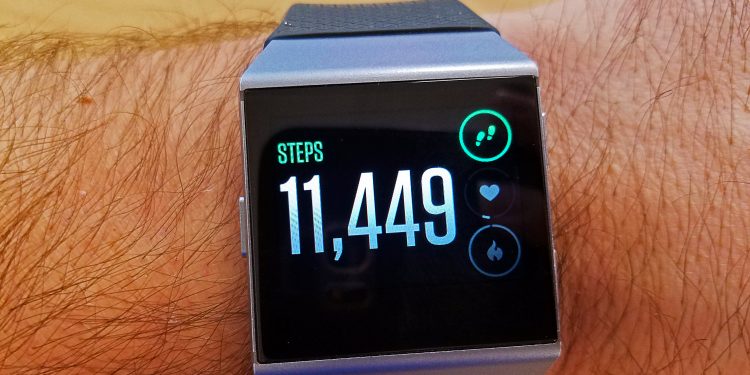Getting employees to do an extra 15 minutes walking a week could grow the world economy by $100bn (£80bn) a year – according to new research.
Health insurer Vitality – in conjunction with RAND Europe – has published a global study showing the economic impact of physical inactivity.
This academic study found if all employees reached the World Health Organisation’s recommended level of exercise, then employees would gain up to five additional days of productive time each year, giving a significant boost to the UK and other economies. This could boost the world economy by as much at $220bn a year.
These WHO guidelines recommend adults should do at least 150 minutes of “moderate” aerobic activity, or at least 75 minutes of high-intensity exercise a week. There are lower limits for those aged 65 plus.
However this research shows that even if people didn’t meet this recommendations, productivity benefits can still be achieved by more moderate – and achievable – increases to exercise levels.
It estimated GDP would be boosted by £80bn if people either walked 15 minutes more a day, did a slow job of half a mile per day, or took an additional 1,500 steps a day.
The economic improvement arises from lower mortality rates, reduced absenteeism, and lower presenteeism, driven largely by the impact of physical activity on mental health.
Vitality’s discovery group chief executive Adrian Gore says: “This ground-breaking study provides proof of the relationship between exercise, productivity, mortality and economic growth. It strengthens our resolve to continue to encourage people to move more and become part of a global health movement.”
He adds: “Vitality has been successfully incentivising people to lead fitter and healthier lives and ultimately transforming the way insurance works for over 20 years. The insurers connected by Vitality, now collectively accountable for more than 35 per cent of the world’s individual protection market, are committed to encouraging positive behaviour change to not only drive individual improvements, but offer sustainable solutions to global challenges. This study shows the massive benefits of that approach.”
RAND Europe used a dynamic, multi-country macro-economic model to comprehensively assess the impact of physical inactivity on national economies on a consistent basis, allowing for an aggregation of the effect to the global economy.
RAND Europe president Hans Pung says: ““The study points to a significant relationship between inactivity and productivity loss, driven largely by ill-health related presenteeism. We hope that these insights will support policy makers and employers with new perspectives on how to enhance the productivity of their populations.”





